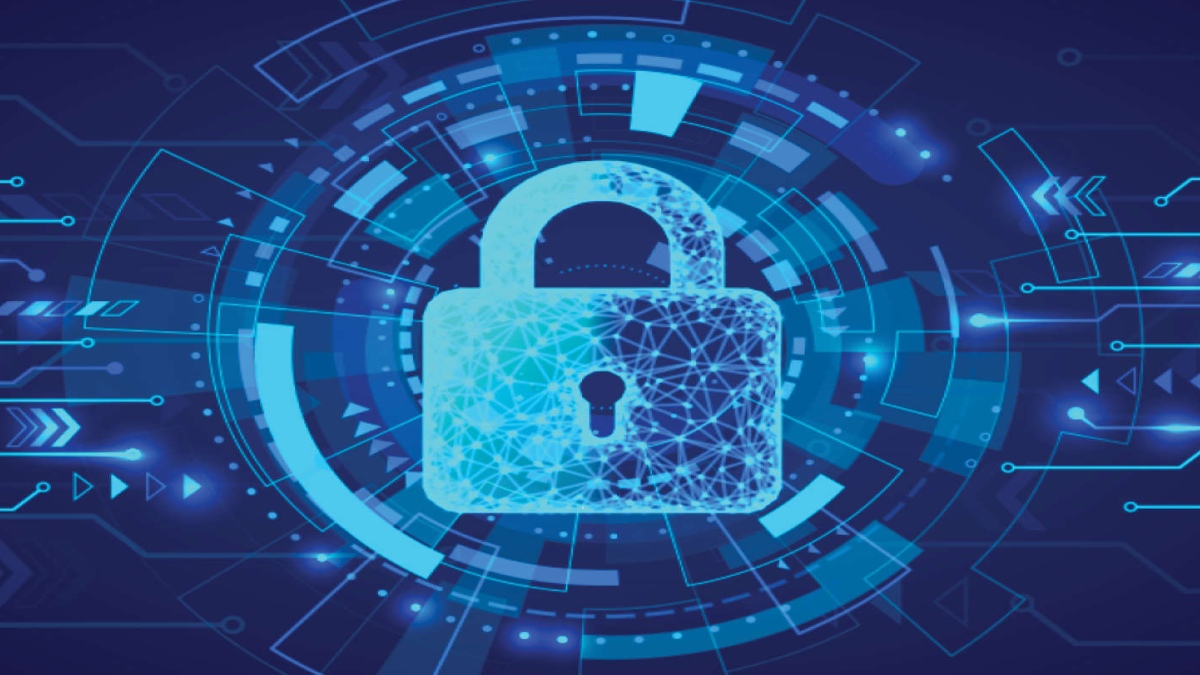


In the last two years, the number of cyber attack incidents has gone up to almost 3 lakhs from 1.5 lakh incidents that took place in the year 2018 and in order to stop these attacks there is a need to diversify the representation in the field of cyberspace, said Jyoti Arora, Special Secretary & Financial Adviser, Ministry of Electronics and Information Technology (MeitY). Govt. of India
Arora mentioned that the digital penetration and people’s dependence on the digital space has gone up multiple folds in the last one year due to the pandemic. “Even in the government service, people are relying more on online means right from getting the vehicle registrations, passport renewals, or even paying taxes. This brings the importance of electronic security,” Arora said at the virtual Awards & Conclave on Women in Cyber – Making a difference organized by The Associated Chambers of Commerce of India (ASSOCHAM).
Arora informed that India has almost 750 million internet users and boasts of having the second largest internet user base in the world. “This interconnectivity has also given the emergence of cyber security threats. The government has taken several steps in this regard as a part of its National Cyber Security Policy which includes setting up of Cyber Swachhta Kendra for detecting botnet infections and malware analysis in India and to notify, enable cleaning and securing systems of end users so as to prevent further infection,” She informed.
Sheenam Ohrie, vice-president, Dell Digital and CIO Leader, APJ, Dell Technologies explained that there is a need to encourage diversity and make the cyber security industry accessible to everyone. “In the last one-year 52 percent of all the domestic companies have seen some or the other form of cyber-attacks. We need to have an army capable of having new ideas and so there is a need to groom diverse talents,” She said.
Ohrie also stated that the cyber space is a male dominated industry and there is a need to bring people from diverse backgrounds and empower women leaders.
Mini Gupta, partner, EY informed that promoting women in the cyber security business can make a huge difference as they bring a different thought process to the table. “Women are known for their multi talking skill sets. Though things are changing, there is a lot more that needs to be done,” She said.
Speaking on the representation in the cyber security space, Gupta explained that there is 30 percent representation at the entry level, 10 percent at the management side and just 1 percent at the top leadership. “In the recent past more and more women have come forward to fill the jobs and even the organizations have noticed the difference that has made in their style of working,” She pointed out.
Santha Subramoni, global head, TCS Cyber Security Practice said that India has a huge IT talent base and has the potential to become the destination for all kinds of cyber security solutions. “In this current pandemic all companies are innovating and running their businesses. It has become a perimeter-less and a boundary- less environment today and so the need to protect their systems becomes all the more important,” She said.
Subramoni also added that the size of the cyber security business globally has gone up to around $250 billion and India has hardly touched a business size of $7.6 billion. “So, in the true sense, we have barely scratched the surface. There is also a lot of business on the periphery which would mean the non-IT business for the analysts and defense personals which India can also tap,” She explained.
Deepak Talwar, National Security Officer, Microsoft & Chairman, ASSOCHAM National Council on Cyber Security stated that diversity drives innovation and market growth. Talent does not need an identity, a gender or bias to prove its worth. Diversity can come from many places and does not require a decade of prior experience. Building diverse team had always been advantageous to solve complex problems.
Talwar explained that there with an estimated shortfall of 3.5 million security professionals by 2021, the current talent gap to be addressed with “a sense of urgency”. To fill this cyber talent gap there should only be one clear way “understand and acknowledge the power of diversity”. Diverse teams need to be working quickly to address the constantly changing cyber security and privacy landscape and there is plethora of opportunities in the field of security, compliance, privacy and many such specialised domains in every sector and every level of jobs to be filled,” he said.